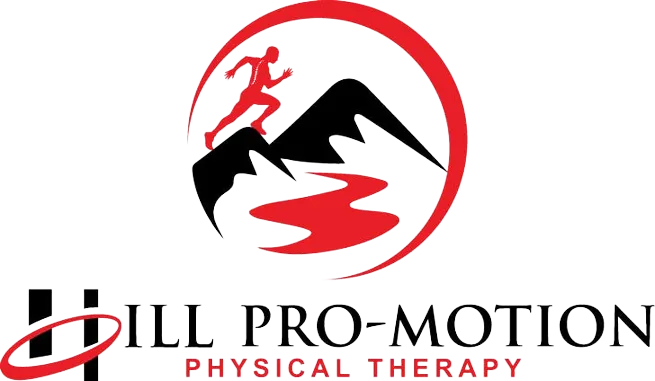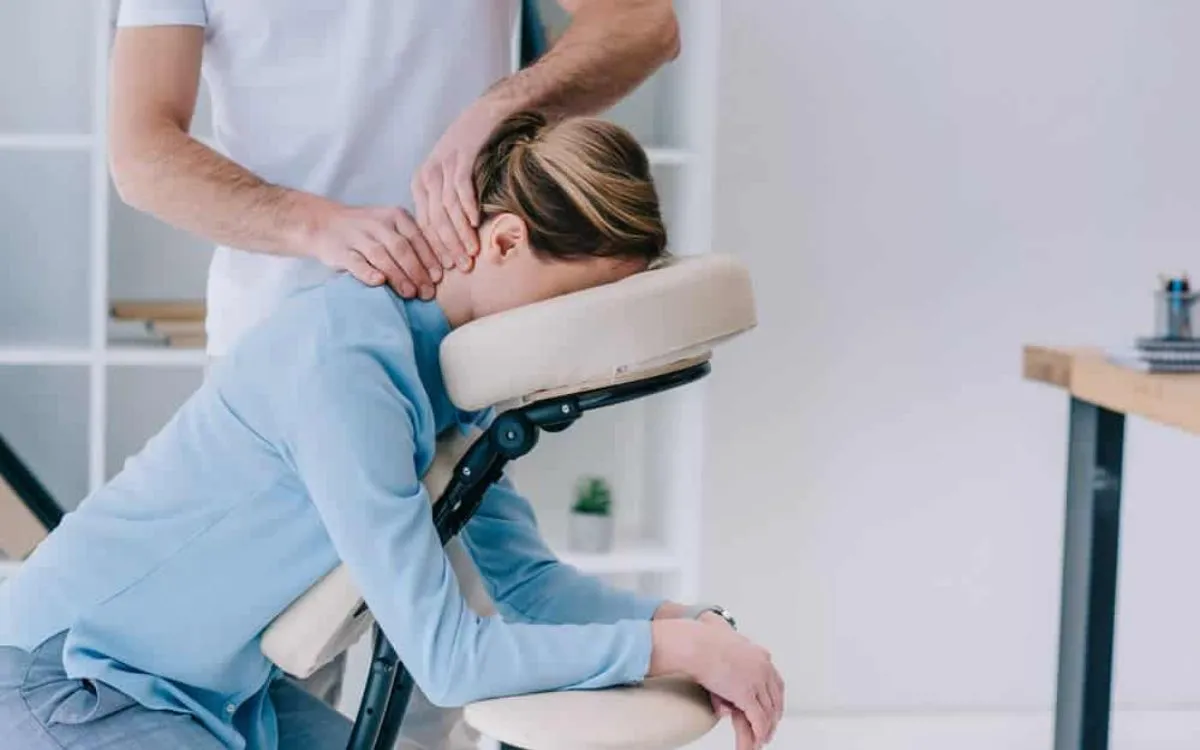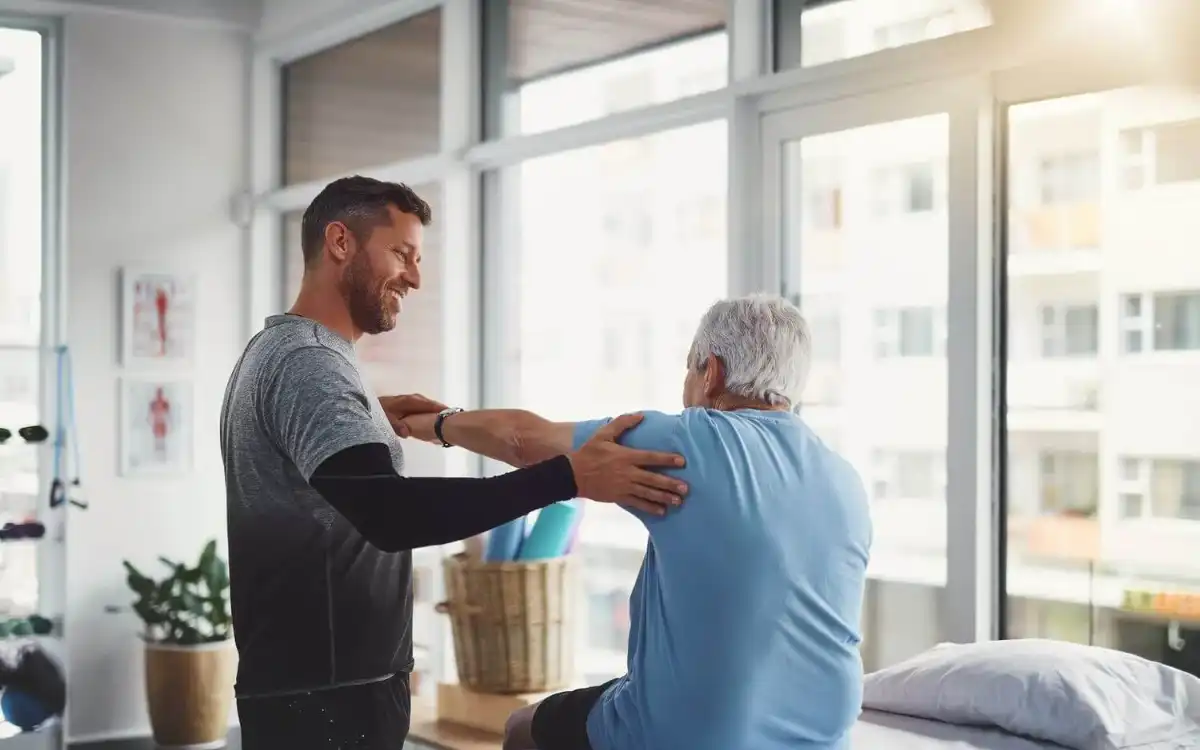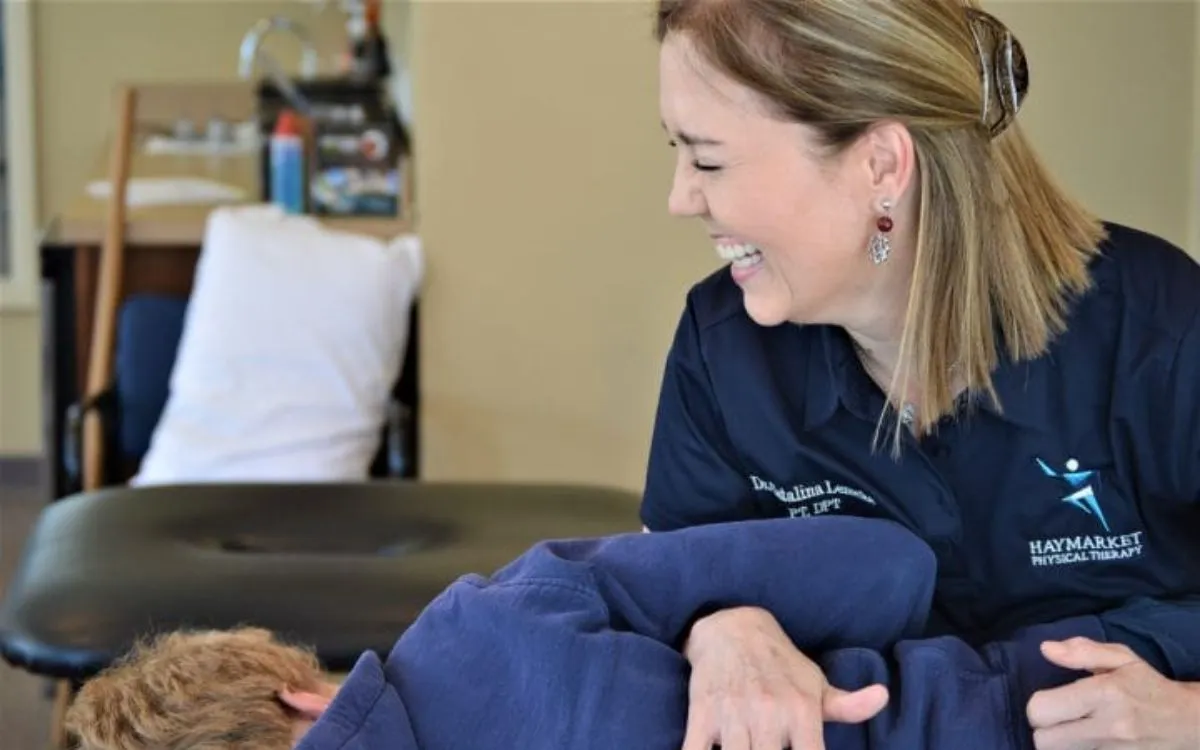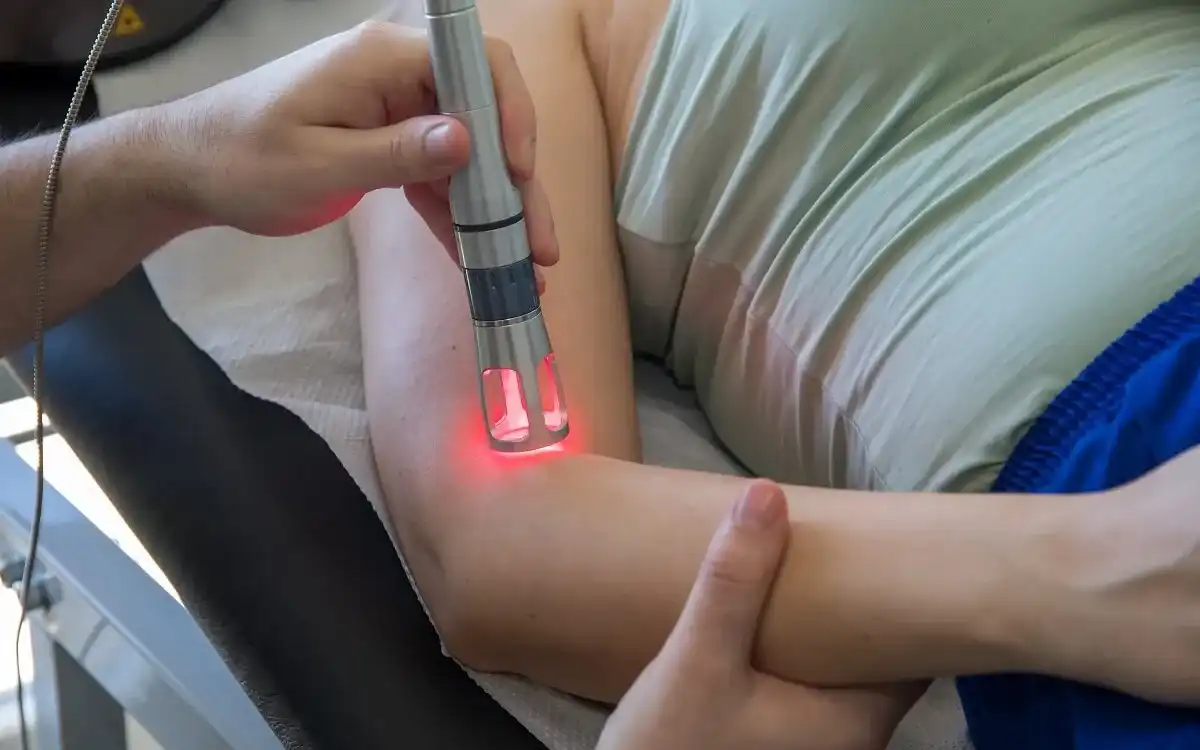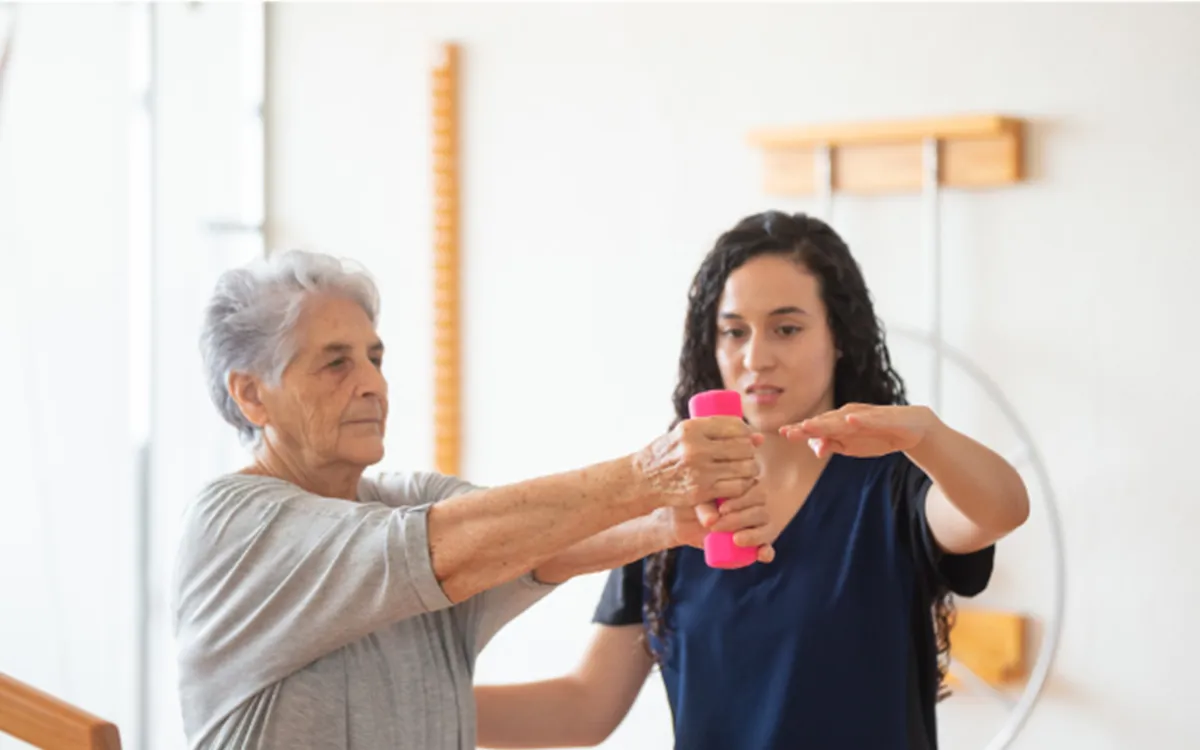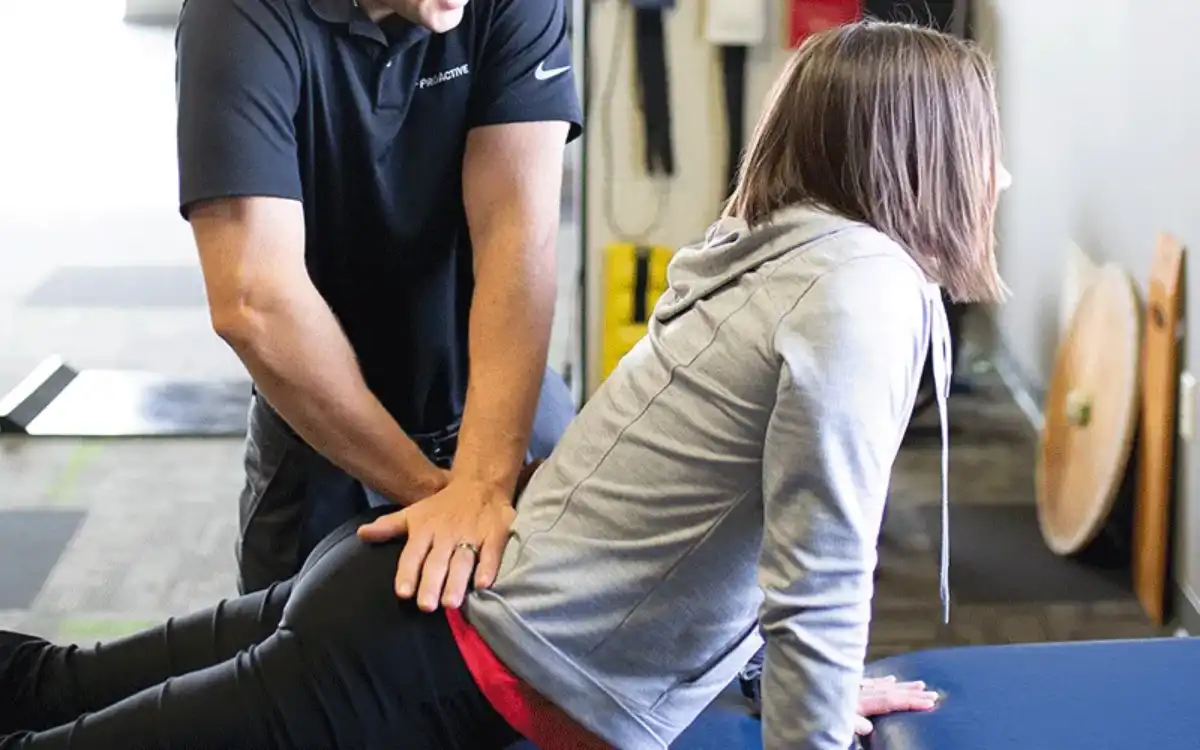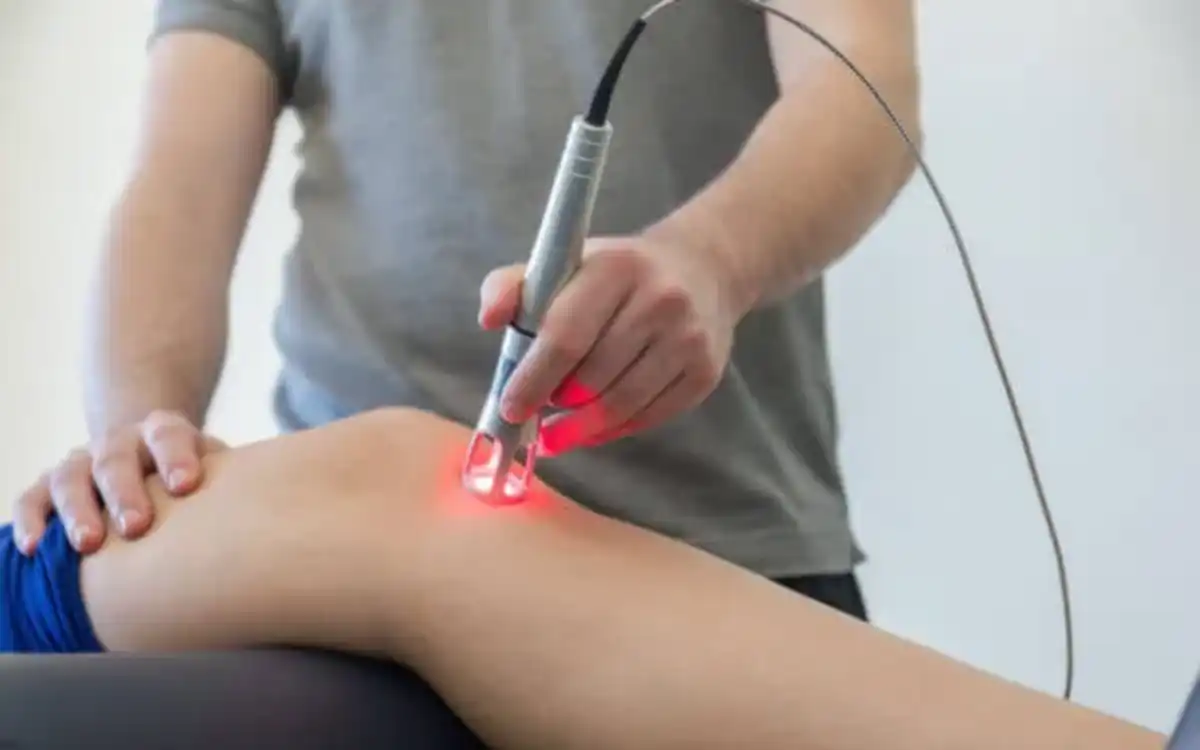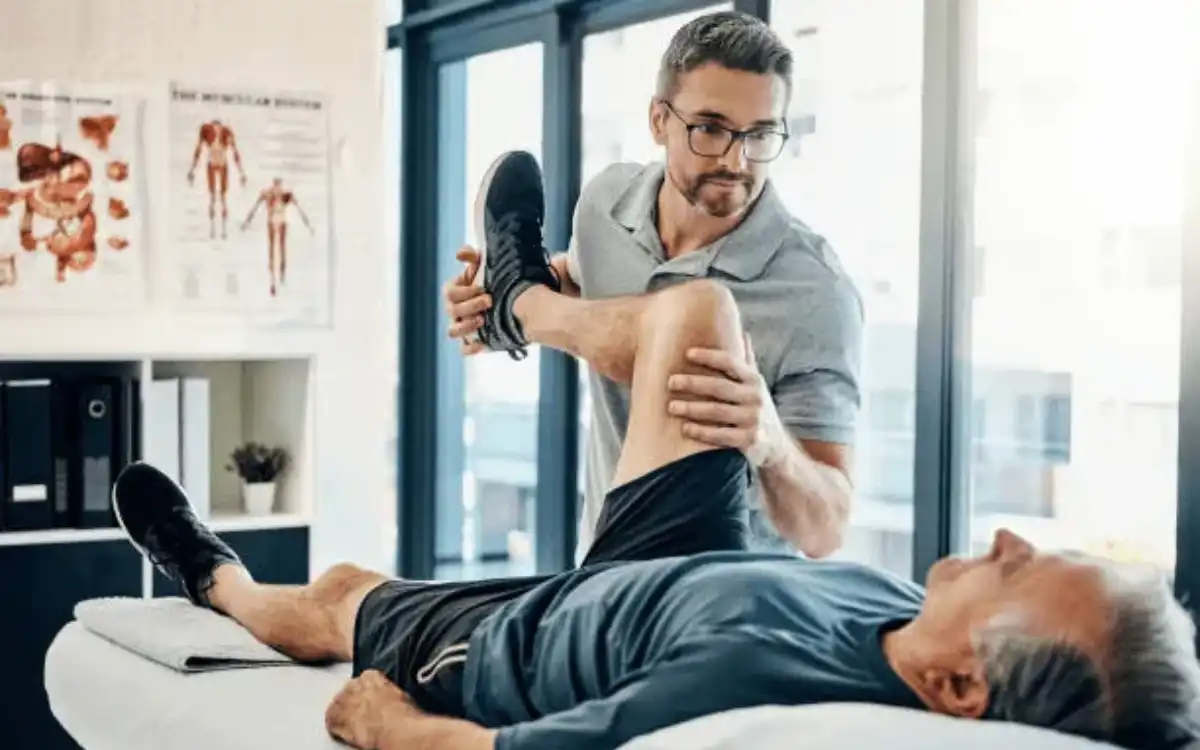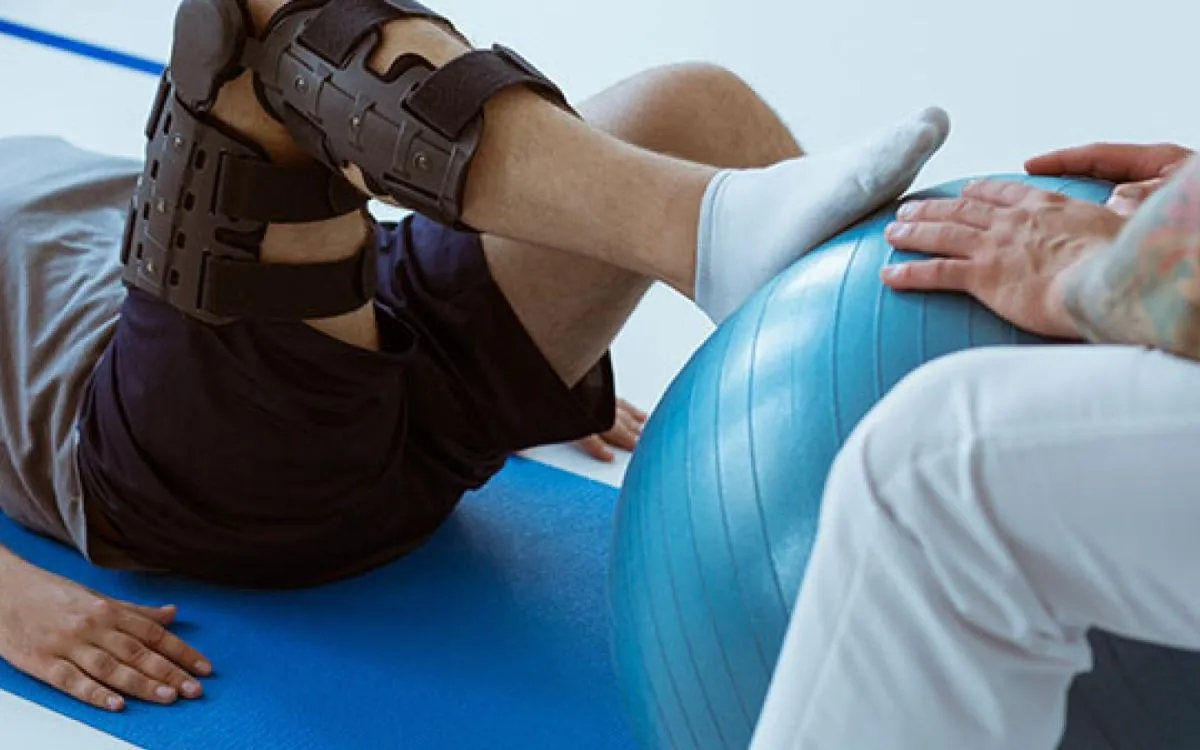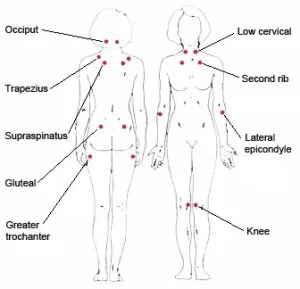OVERVIEW
Fibromyalgia
Fibromyalgia syndrome, which is most common in women between the ages of 20 and 40, is a condition that affects the musculoskeletal system. It causes chronic pain and tender spots and is more common in middle-aged and young women. Tender points can be found in specific areas on the neck, shoulders and back, hips, arms and legs. When pressure is placed on these points, they feel sore.
You may also experience the following symptoms:
- Stiffness
- Fatigue
- Sleep Disturbance
- Headache
- Depression
- Impaired Muscular Performance
- Fibro Fog is a disorder that causes difficulty with concentration and memory.
There is a lack of knowledge about the causes and effects of the disease (the pathophysiology). Therefore, many treatment options have been proposed, including antidepressant therapy and biofeedback. Many studies have shown that exercise programs can help with pain relief and function recovery.
A physical therapist can be a valuable resource. Many have extensive knowledge about Fibromyalgia rehabilitation.
TREATMENT
GOALS
Possible Treatment Goals
- Improve Fitness
- Improve Function
- Improve Muscle Strength and Power
- Increase Oxygen to Tissues
- Improve Proprioception
- Improve Range of Motion
- Improve Relaxation
- Self-care of Symptoms
- Improve Safety
- Improve Tolerance for Prolonged Activities
RESOURCES
\
